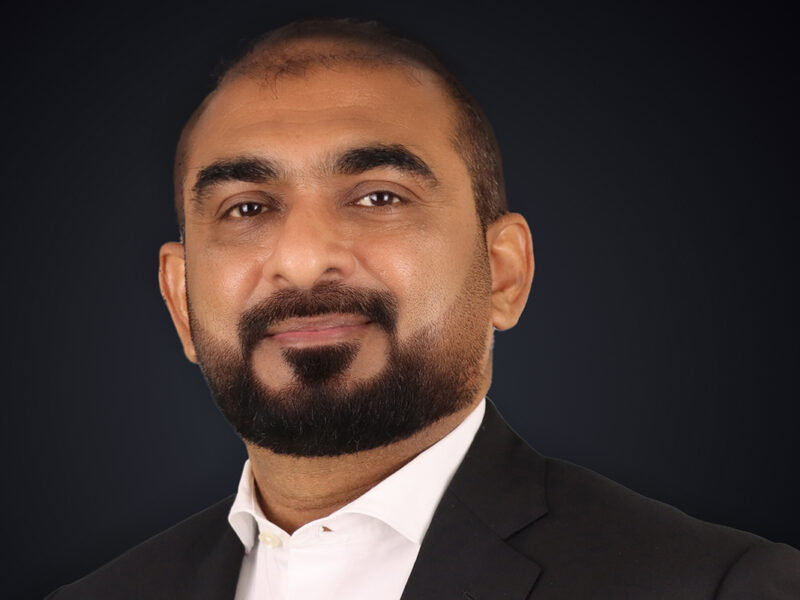Middle Eastern executives were already heavily weighed down by the economic burdens of the region’s oil crisis before Covid-19 presented them with innumerable new challenges.
But behind every crisis – especially a double-pronged one, lies an opportunity for leaders to prove their true potential, as the scale of the enduring global pandemic demands a more exceptional kind of leadership than ever before.
Fuelled by adrenaline at the start of the crisis, many leaders were able to exceed expectations. Sadly, they failed to sustain this high level of performance over time. This mirrors a typical reaction.
When faced with a crisis, individuals normally move through four stages: from “shock” to “response”, moving on to “resolve”, namely adopting new solutions, and finally “transform”, when individuals change and accept the new normal.
Assessing the right leadership skills
So, how precisely can you identify which individuals you can rely on and who has enough staying power to last the course? Based on years of experience in crisis management, Egon Zehnder has created assessment methodologies, which clearly show who can fight long-burning fires while remaining effective leaders.
Since the start of Covid-19, Egon Zehnder has completed over 250 leadership assessments for clients in the Middle East to identify which existing executives or leadership candidates have sufficient resilience during a prolonged crisis, and how to develop them to become the right leaders for these difficult times.
 Golnaz Bahmanyar leads Egon Zehnder’s consumer and retail practice in the Middle East
Golnaz Bahmanyar leads Egon Zehnder’s consumer and retail practice in the Middle East
As these assessments were conducted virtually, Egon Zehnder could mobilize the right expert team, regardless of geographies. For example, one multinational client undergoing leadership transitions in the GCC, wanted to identify his bench-strength, both in terms of its potential for delivery and its ability to complete transformation under duress.
An Egon Zehnder team comprising regional and global leadership advisors was able to identify “hidden jewels” in the organisation and thereby advise the CEO and the board of directors which people would add most value where and how to bring them on-board.
Factoring in triple strength personality
We find that resilient, high-performing leaders combine three types of strengths. Firstly, effective leadership competencies, allowing them to develop strategies, lead times and deliver commercial success.
Secondly, the right personality traits, including emotional stability, and a willingness to change. Finally, they have the potential to grow and learn, even during a crisis. These, therefore, are the three factors Egon Zehnder measures in its leadership assessments to identify effective leadership in times of crisis.
 Hana Habayeb is responsible for Egon Zehnder’s technology and communications practice
Hana Habayeb is responsible for Egon Zehnder’s technology and communications practice
Leadership assessments are especially useful right now in identifying and developing both expat and national talent in the Middle East, largely home to family-owned and government-based companies.
On the back of a government drive to increase private sector participation of the national population, companies are trying to identify and nurture national talent to take on key leadership roles. At the same time, they don’t want to block talented expats from assuming top positions.
The assessments have helped one of Egon Zehnder’s key clients to successfully steer its succession planning exercise. As a result, the company has been able to appropriately develop younger national talent, “take a bet” on nationals with less experience but high potential, and otherwise import talent with the right expertise.
 Patrick Nader is part of Egon Zehnder’s consumer and services practices for the Middle East
Patrick Nader is part of Egon Zehnder’s consumer and services practices for the Middle East
Leaders are increasingly keen to take part in these assessments to understand where their potential lies and how to grow, introducing a new type of energy to organisations.
In the words of Egon Zehnder’s Chair Jill Ader, “Readiness to lead at the top levels in business and society requires leaders to develop a willingness to understand who they are and who they can become so that they can unlock their full potential – and help organisations unleash their potential as well.”
The Covid-19 crisis has highlighted the need for leaders to react and act with agility and learn from their mistakes. Leadership assessments show who is the right person for the job and how to develop them – now and in the long-term.




.jpg)




